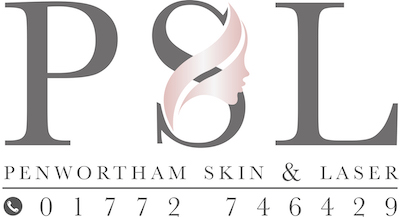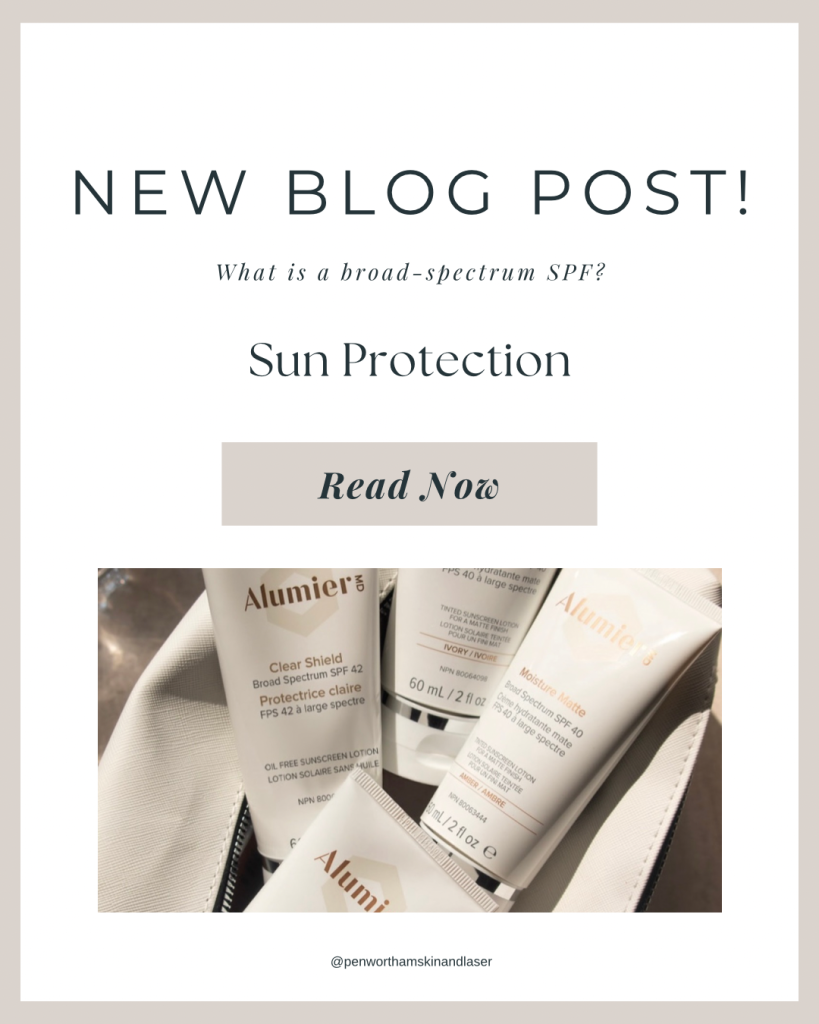Everything You Need to Know About SPF: Your Skin’s Best Friend
Whether you’re soaking up summer rays or just running errands on a cloudy day, SPF is one of the most important parts of your skincare routine. But how much do you really know about it?
What Does SPF Actually Mean?
SPF stands for Sun Protection Factor. It’s a measure of how well a sunscreen protects your skin from UVB rays. The number represents how long you can stay in the sun without burning compared to unprotected skin.
For example:
- If your skin would normally burn after 10 minutes in the sun, SPF 30 theoretically lets you stay out for 300 minutes (30 x 10) before burning (assuming perfect conditions and proper application).
But it’s not just about time. SPF also reflects the percentage of UVB rays filtered:
- SPF 15 filters out about 93% of UVB rays.
- SPF 30 filters out around 97% of UVB rays.
- SPF 50 blocks approximately 98% of UVB rays.
While the numbers seem close, that small percentage difference can be critical, especially for fair skin, prolonged sun exposure, or people with a history of skin conditions.
UVA vs. UVB:
Sunlight contains different types of ultraviolet (UV) radiation, but the two that impact our skin the most are:
- UVA rays: These penetrate deep into the skin’s layers, leading to premature aging, wrinkles, and long-term DNA damage that can lead to skin cancer.
- UVB rays: These are mostly responsible for sunburns and can also cause skin cancer by damaging the outer layers of the skin.
Both types can mutate the DNA in skin cells, which is why long-term sun exposure without protection increases your risk of skin cancer.
Top tip: Look for “broad-spectrum” sunscreen—this means it protects against both UVA and UVB rays.
Risks of UV Exposure:
- Skin Cancer: Both basal/squamous and melanoma are largely UV-driven. Protecting all exposed skin decreases cancer risk.
- Premature Aging: UVA and UVB break down collagen and elastin. Clinically this shows as wrinkles, “sun spots” and leathery skin .
- Sunburn & Inflammation: Acute sunburn is inflammation and cell damage. Repeated burns increase long-term harm.
- Pigmentation: UV light stimulates melanocytes. Chronic sun exposure can darken existing spots and trigger uneven pigmentation. Even visible light from the sun and from devices, can worsen dark spots, especially in pigmented skin.
Common SPF Myths:
· “I don’t need sunscreen if it’s cloudy.”
Wrong. Up to 80% of UV rays can pass through clouds.
· “Darker skin doesn’t need SPF.”
Melanin offers some protection—but not enough. Skin cancer can still occur and often goes undetected longer in darker skin tones.
· “Makeup with SPF is enough.”
It helps, but it’s rarely applied in large enough amounts. Use a dedicated sunscreen underneath.
Physical vs. Chemical Sunscreens:
There are two main types of SPF:
- Chemical sunscreens (like avobenzone, oxybenzone): absorb UV rays and convert them to heat.
- Physical sunscreens (like zinc oxide, titanium dioxide): sit on top of the skin and reflect rays.
AlumierMD Broad-Spectrum SPF Products:
AlumierMD offers several clinically formulated mineral sunscreens to fit different skin types and concerns. They are all broad-spectrum and water-resistant, and each contains zinc oxide/titanium dioxide plus many antioxidants:
- Sheer Hydration Broad-Spectrum SPF 40 (Tinted/Untinted): A lightweight, water-based daily sunscreen. It’s infused with antioxidants (vitamin C, resveratrol, glutathione) to combat UV-induced free radicals. The tinted version provides sheer coverage to even skin tone, while the untinted is translucent. Suitable for normal, dry, or combination skin, it leaves skin hydrated and radiant.
- Clear Shield Broad-Spectrum SPF 42: An ultra-light, oil-free formula designed for oily or acne-prone skin . It contains hyaluronic acid and niacinamide. Clear Shield dries down to a clear, matte finish and is ideal for those who prefer a weightless feel.
- Moisture Matte Broad-Spectrum SPF 40 (Sand, Ivory, Amber): A matte-finish, tinted mineral sunscreen available in three skin-tone shades. This 100% physical blocker has a higher zinc oxide content (around 9%) for extra UV protection and oil control. It provides medium, foundation-like coverage that evens tone and conceals imperfections with a natural glow. Botanical antioxidants (knotgrass, caffeine, silybin) help calm and protect the skin .
Each AlumierMD SPF product is formulated with medical-grade standards (mineral filters and skin-nourishing actives). Choosing among them comes down to your skin type and preference for finish:
- Normal/Combination/Dry skin: Sheer Hydration adds moisture and radiance.
- Oily/Combination skin: Clear Shield or Moisture Matte help control shine; Clear Shield if you prefer no tint, Moisture Matte if you want tint.
- Dullness/Hyperpigmentation: Tinted Sheer Hydration or Moisture Matte can brighten complexion while protecting.
Final Thoughts: SPF is Self-Care
Using SPF daily isn’t just about avoiding sunburn, it’s about protecting your future self. Consistent use of sunscreen can prevent wrinkles, sun spots, and even life-threatening skin cancers. So whether you’re hitting the beach or heading out in winter, make SPF a non-negotiable part of your routine. Your skin will thank you later!

